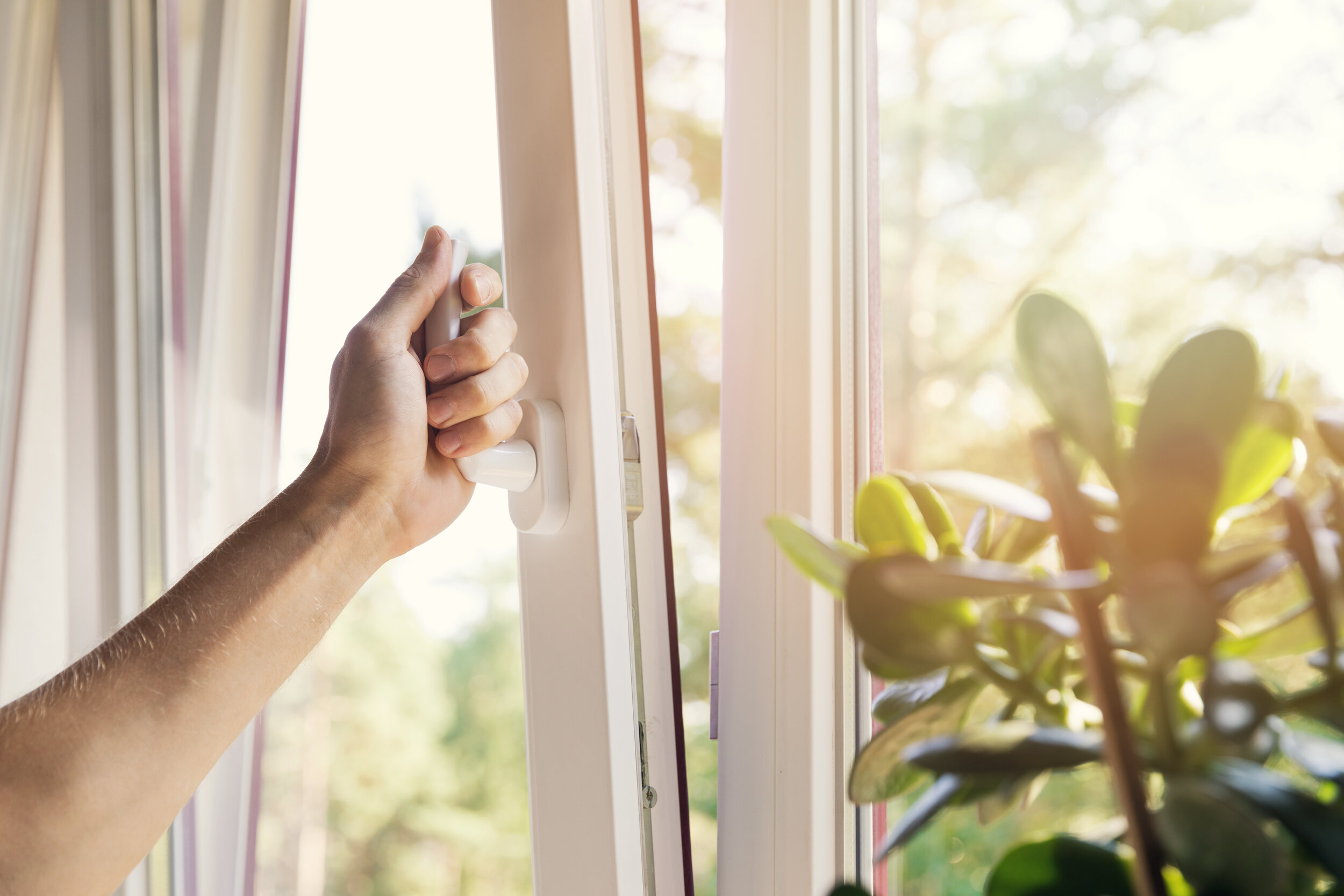Any mechanical or electrical appliance carries a risk of certain hazards involved with their use or maintenance, and your HVAC system is no exception. So what HVAC safety hazards should you be alert for when you use or maintain your air conditioning and heating system?
Four Hazards Associated with Your HVAC System
Electrical. Most electrical hazards involving your HVAC system have to do with wiring. While you're unlikely to be accessing electrical wires within your HVAC system, you might have a look at the thermostat wires to see if they are frayed or loose. Throw the breaker to the thermostat to cut the power if you plan to tighten the wires or replace them.
Refrigerant. Chances are, you're not charging your own air conditioner's refrigerant. That's good, because only licensed professionals are authorized to handle refrigerant. However, if you have a leak of R-22 in your older system and you have some on hand, you may be tempted to charge it yourself. Spilling this substance on you will result not in a chemical burn but rather a painful frostbite. Always call a licensed HVAC professional to fill refrigerant; if there is a leak, the technician needs to find it and fix it.
Carbon monoxide leaks. The furnace's heat exchanger can crack and leak carbon monoxide (CO), a deadly gas. That's why it's important to have your HVAC tech check the furnace every year. Fumes can also leak from the flue pipes or the chimney. CO buildup can also occur due to a dirty air filter, which can cause airflow to back up to the furnace. Install a CO detector and test it regularly.
Mold. Mold isn't a common problem in HVAC systems, but it can happen. For sensitive individuals, breathing mold spores can be sickening. Mold usually occurs due to excess moisture. Common reasons for moisture buildup include a dirty air filter, a clogged condensate drain, leaking ductwork, and dirty evaporator coils. You may suspect mold is present if you smell a musty, damp odor from the HVAC air.
For more on HVAC safety hazards, contact Air Assurance of Broken Arrow, providing quality HVAC repairs, installations, and maintenance.









